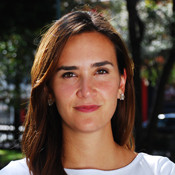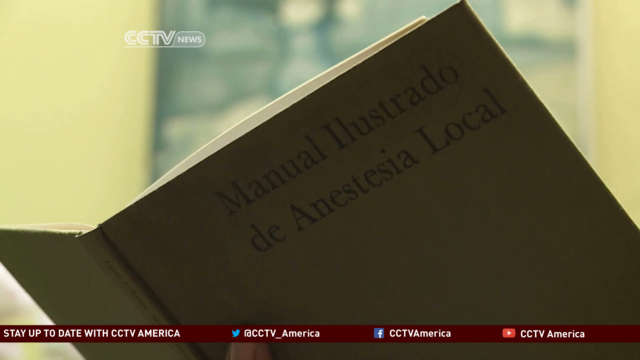The assisted suicide of American Brittany Maynard just before her 30th birthday has re-ignited the debate over assisted death. Murphy’s experience of having terminal cancer and her choice to die before her quality of life deteriorated captivated people around the world.

Assisted suicide is legal in Colombia and it is loosely regulated. The opposition to the practice is highly vocal in this majority Catholic nation and is not performed in hospitals. One doctor in particular has taken on the difficult task of helping those who want to die carry out that final request. CCTV America’s Michelle Begue reported this story from Bogota, Colombia.
Ana Bolena Castillo’s 75-year-old aunt was diagnosed with emphysema after a lifetime of smoking. Bolena says the last five years of her life were full of suffering as she could barely move through the house and was always breathing from an oxygen tank.
“My aunt… knew that her illness had no solution, she was just going to continue suffocating, she wasn’t going to get better and for her this wasn’t a life with dignity that she wanted,” Castillo said.
When her aunt expressed this wish, Bolena researched and found the Colombian foundation “Right to Die with Dignity” and contacted Gustavo Quintana, a physician known for speaking openly about carrying out euthanasia for more than 200 terminally-ill patients. While he is a gynecologist, Quintana began performing euthanasia procedures almost 40 years ago after his own near-death experience in a car accident. He asked the doctor who found him to let him die if he had a spinal cord injury.
“From that moment, I started to help terminal patients, and to understand that the patients that we send to die in their homes deserve to not be abandoned, and be accompanied in the process, even in the final moments of life,” Quintana said.
In 1997, Colombia’s Constitutional Court ruled 6-3 giving an individual the right to choose to end his or her life without doctors being prosecuted for assisting them. However, no further rules were established. Colombian politicians have tried to regulate the practice with legislation in the past, but there is strong opposition from the Catholic Church and conservative groups who believe assisted death should be completely banned.
“For the church, this is a violation of one principle. Both life in its beginning, and in the end is not a human right. I can’t say that I am living because I had the right to be born, nor can I say that I have the right to choose the day and time of death,” said Fabian Marulanda, a bishop emeritus from Florencia, Colombia.
Quintana said he respects differing opinions, but also asks that those who call him a “hired killer” to keep an open mind to a procedure that he said can bring a dignified death to those who are suffering.
“Even though people don’t understand it, it gives us the opportunity to say goodbye to the person that we love,” Quintana said.
Acceptance of euthanasia was hard for the Bolena’s cousins whose mother wanted to die. But Quintana counseled them until they accepted that this was what her aunt had wanted.
“That day was the happiest my aunt had been in the last 8-10 years,” said Bolena.
Jocelyn Downie of Dalhousie University discusses euthanasia around world
CCTV America interviewed Jocelyn Downie, an advocate for assisted death and a professor of law at Dalhousie University about the global trends in assisted death.

 CGTN America
CGTN America

